Children
Quality sleep is essential for children’s growth and development. A decent night’s sleep will help them to do better at school, allow them to react more quickly to situations, have a more developed memory, learn more effectively and solve problems, plus it will make them less susceptible to colds and other minor ailments, less irritable and better behaved!
Sleep deprivation causes increased hyperactivity and other behavioural problems, as well as damaging physical and mental development. Poor sleep habits from an early age can lead to long term sleep problems.
There are so many different factors which can affect children’s sleep which you can read about below.

Welcome to the World of Sleep eBook
Our children’s sleep eBook is part of our ‘Tired of Being Alone’ campaign to support parents and carers who have a child/children that struggle to get good quality sleep. There are many reasons why a child may experience sleep difficulties and this guide explores some of the more commonly reported issues. It is packed with information, advice, hints and tips to help you to get your child to sleep better.
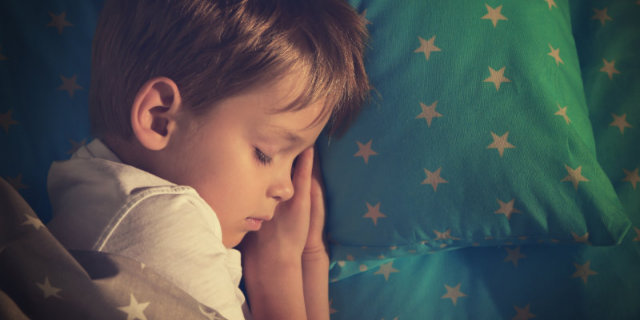
Childrens sleep problems
The most common issues kids have at bedtime: settling, changes in routine, bed wetting, fear/anxiety, sensory Issues, feeling hungry or thirsty, discomfort.
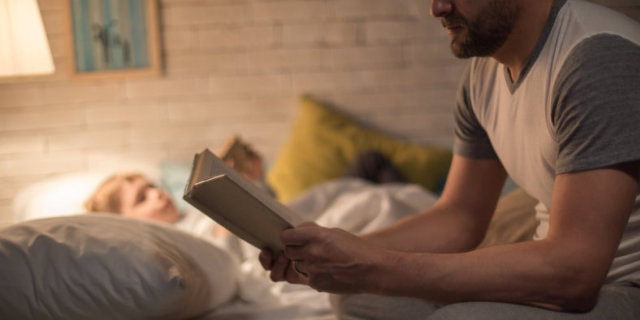
Bedtime Routines
A bedtime routine is important in getting a good night’s sleep. A routine helps to support children’s body clocks and aid relaxation. Here are some helpful tips.

Bedroom Environment
The bedroom environment plays an important role in getting a good night’s sleep. Here are some tips to help you to make sure that your child’s bedroom supports a restful night’s sleep:
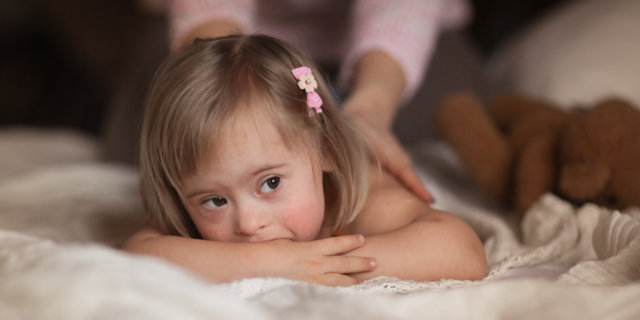
Relaxation Tips
Feeling relaxed is important in the run up to bedtime for both parent and child. Youngsters often pick up on stress levels so try to create a relaxing and calm environment as bedtime approaches.
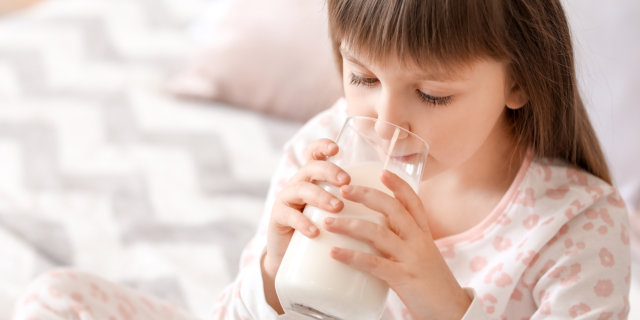
Diet & Sleep
What we consume during the day can impact on our ability to sleep at night. A light snack in the hour before bedtime may be helpful for some children, but avoid heavy meals last thing at night.

Night Terrors & Nightmares
Night terrors and nightmares are often confused as the same thing but the two are completely different. Nightmares are more common than terrors but neither cause any psychological harm to your child.

Melatonin
Melatonin is a naturally occurring hormone that is produced by the brain and it plays an important role in supporting the body’s circadian rhythm and promoting restful sleep.
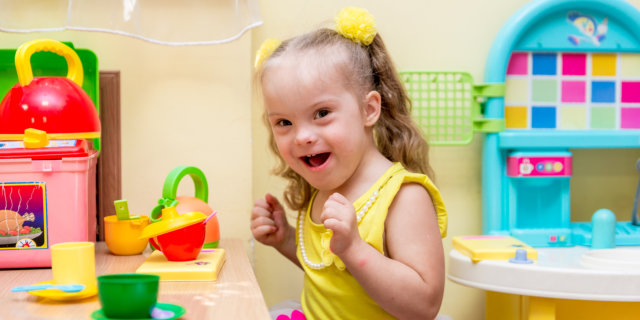
Children with SEND
Whether they struggle to communicate how they’re feeling, have increased anxiety, sensory issues or social cueing problems, sleeping well may be difficult.
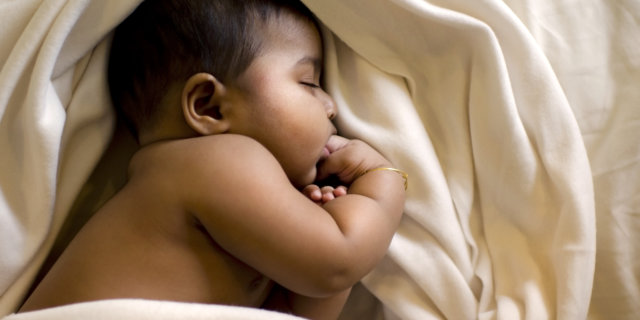
Babies & Sleep
Just like adults, all babies sleep differently – some will sleep more, some will sleep less. New parents often feel under pressure to have a baby that sleeps through the night.
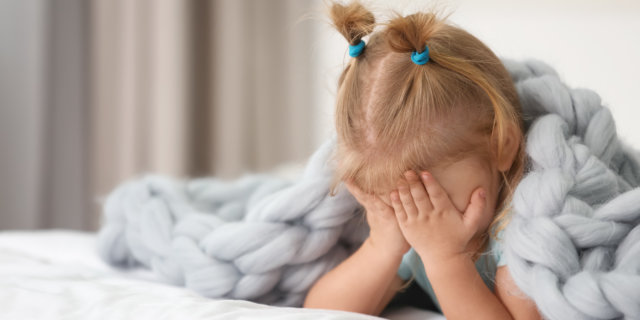
Sleep Diary For Kids
A sleep diary can be helpful in establishing if there’s any pattern with your children’s sleep issue. For instance, it might identify if there’s difficulty going to sleep on a Sunday because of anxiety about school.

Commissioned Sleep Support Services
We understand how difficult life can be when your child has a sleep issue. Our aim is to support families to get a better night’s sleep by offering workshops, clinics and written materials. We use a behavioural approach to sleep and work in partnership with families, we know that you are the expert on your child.
In some areas, our services are bought in by local clinical commissioning groups or funded by grants so that families can access one to one support from our trained practitioners. To find out if there is a sleep service in your area please contact info@thesleepcharity.org.uk.
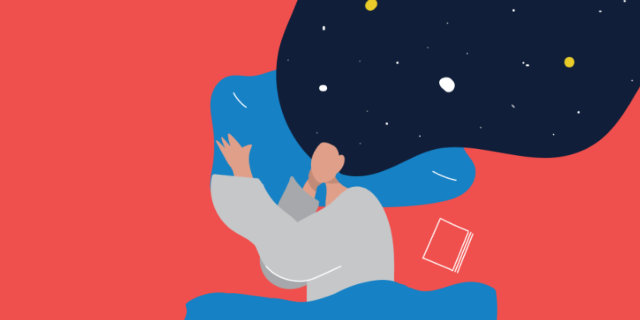
Support for Teenagers
There are far more entertaining things to do than sleep when you are a teenager. Many teens enjoy spending their evenings gaming, surfing the net or on social media sites and quite often these activities can run well into the night. There’s also the added pressure of homework and exam revision. Teens do tend to feel more alert later in the evening and more tired in the morning as a result of changes in their biological clocks.
Our new Teen Sleep Hub is aimed at teenagers who want to know more about their sleep.
